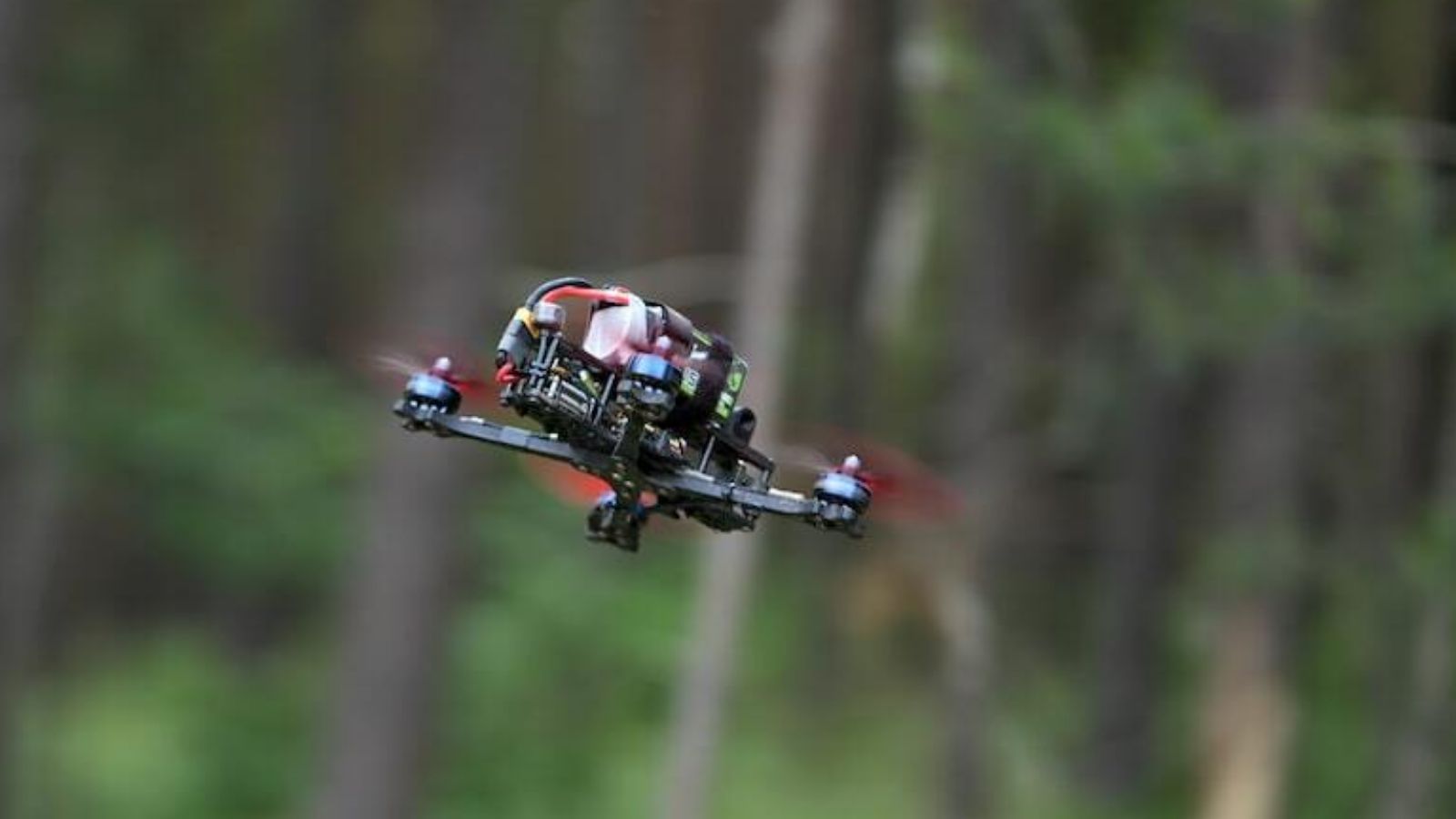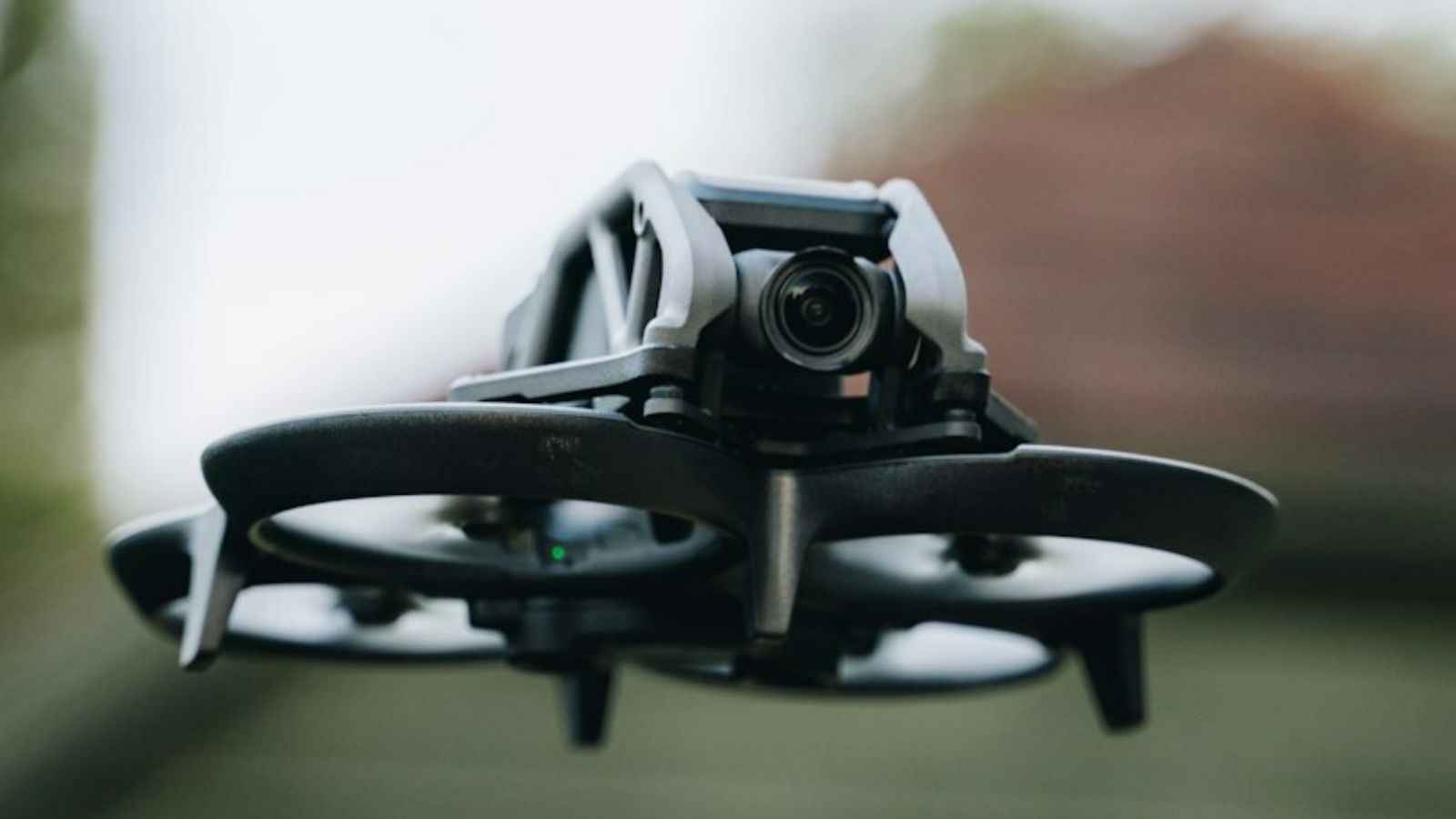“New Research Reveals a 353% Increase in Criminal Use of Advanced Techniques to Bypass Biometric Security”
In a disturbing trend, hackers are exploiting the combination of deepfake videos and camera emulators to outsmart biometric security measures, posing an escalating threat to online services. A recent report from iProov has highlighted a staggering 353% surge in the use of this method by criminals between the first and second halves of 2023.
Andrew Newell, Chief Scientific Officer at iProov, emphasized the impact of generative AI on threat actors’ productivity, noting its low cost and easy accessibility. He highlighted the creation of highly convincing synthesized media, such as face swaps and deepfakes, which can deceive both the human eye and less advanced biometric solutions. Newell stressed the growing necessity for highly secure remote identity verification.
How the Method Works:
Criminals leverage Artificial Intelligence tools, some of which are readily available off-the-shelf solutions, to craft convincing face-swaps and deepfake videos. Subsequently, they employ emulators to generate virtual cameras. During biometric authentication via face scan, the fraudulent use of the fake camera with the face-swap video allows them to trick the system into authenticating.
Mobile Platforms at High Risk:
The mobile platform emerges as particularly vulnerable to this threat. Injection attacks against mobile web witnessed a more than twofold increase (255%) between the first and second halves of 2023. Excluding emulators and focusing solely on deepfake and face-swap attacks, there has been a staggering 704% surge during the same period. Additionally, the combined use of deepfake media and metadata spoofing, such as IP address spoofing, witnessed a remarkable 672% rise.
The report also highlights the collaborative efforts among hackers to enhance and evolve these techniques. Notably, there has been a significant growth in the number of groups exchanging information on bypassing human identification and video identification systems. Almost half (47%) of the identified groups were created in 2023, according to iProov’s analysts.
As deepfake threats continue to evolve and pose significant risks to online security, the need for advanced and secure identity verification measures becomes increasingly urgent.




